Electricity prices are on the rise despite Pakistan’s adamant strides towards the renewable energy sector, China-Pakistan Economic Corridor, and an overall increase in energy conservation awareness in the general public.
The reasons, as mentioned by several sources, include austerity, high taxes, greater demand for electricity, and an attempt to boost Pakistan’s agricultural sector. Because of said price hikes, offices and homeowners alike are starting to invest in solar panel installation in Karachi.
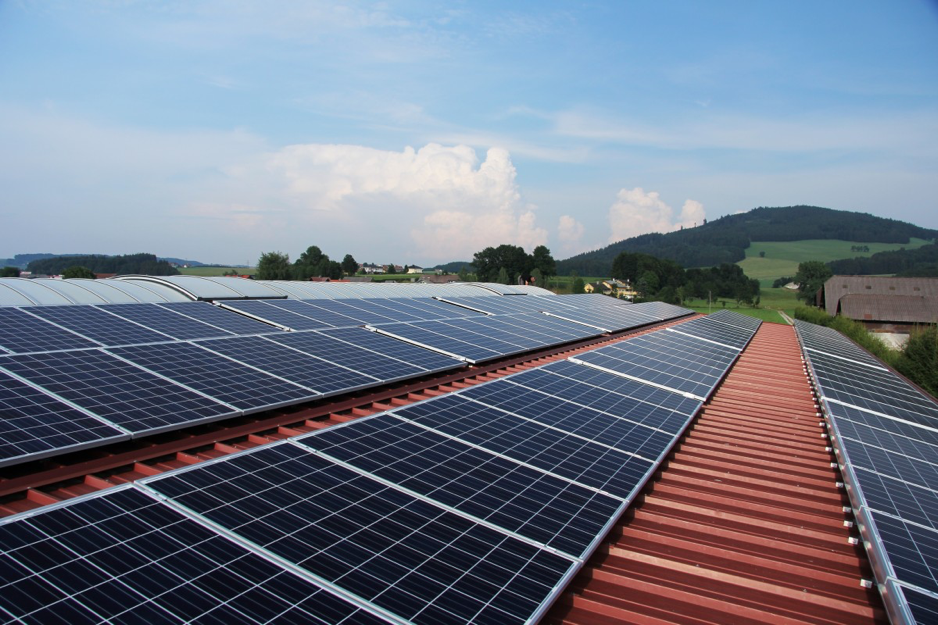
Image Source: https://pxhere.com/en/photo/708107
As mentioned in one of our other blogs, solar panels are a good way to save up on electricity costs, especially now that the summers season has set in, featuring clear skies and long days.
For those of you who are interested in getting solar panels installed in their homes in Karachi, following is a quick guide to explain what a solar panel is, how it works, proper solar panel installation in Karachi, and how they have the potential to be Pakistan’s next big step towards a sustainable-energy-future!
What Are Solar Panels?
What It’s Made Of
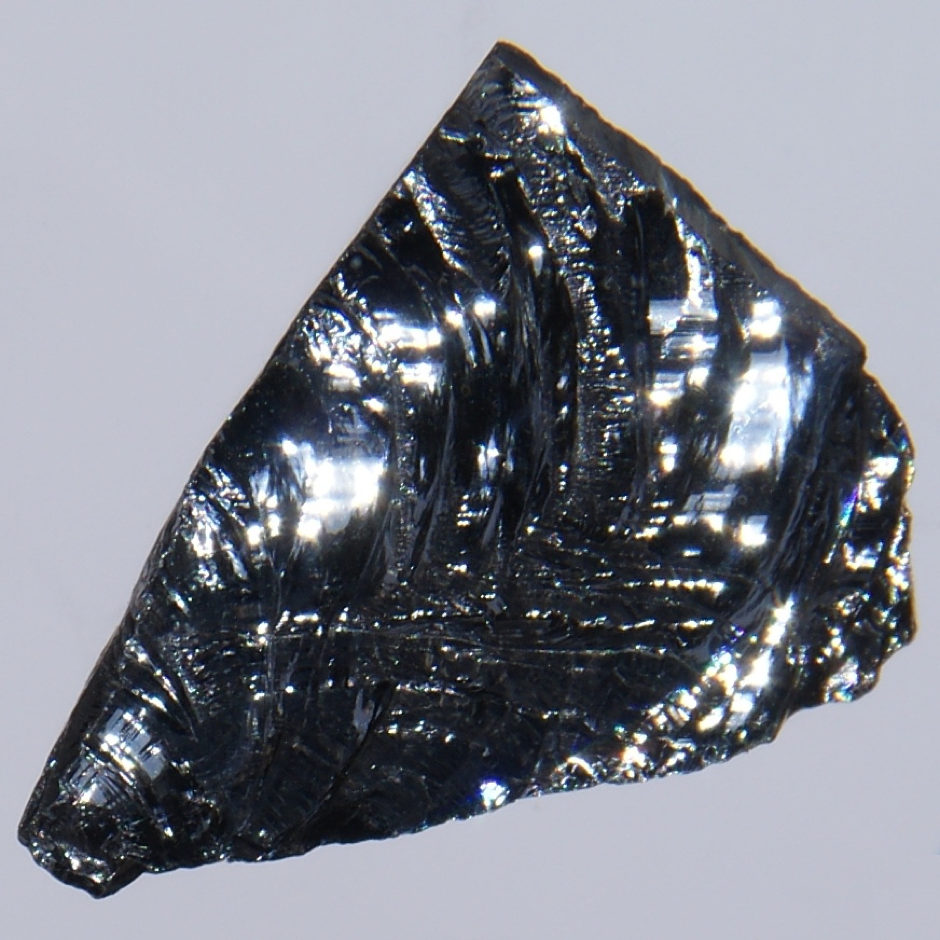
Image Source: https://commons.wikimedia.org/wiki/File:Silicon_(14_Si).jpg
Solar panels are the combination of a number of “solar cells.” These cells primarily constitute silicon as their base element. When these cells get exposed to light, silicon’s electrons get excited due to transfer of energy from light’s photons. These excited electrons exit the element’s atomic orbit and start flowing to generate electric current via solar energy.
There are several different types of solar panels as well and numerous intricacies involved in why and howsolar panels generate electricity, which involves P-N junctions, atomic pressure, and so on, which we will discuss in another blog.
Solar Cell
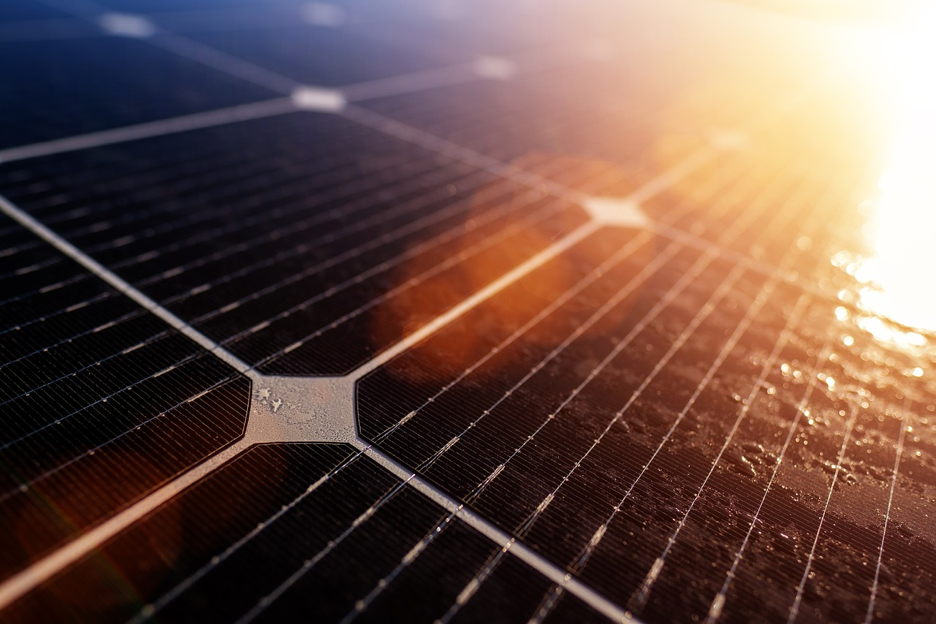
Image Source: https://pixabay.com/photos/solar-cell-solar-panel-photovoltaic-4045029/
Each cell is about 6x6 inch wide with silicon wafers between 160 and 240 micrometres thick. A combination of these cells make up a solar panel, and the combination of solar panels constitute a solar array.
AC vs DC
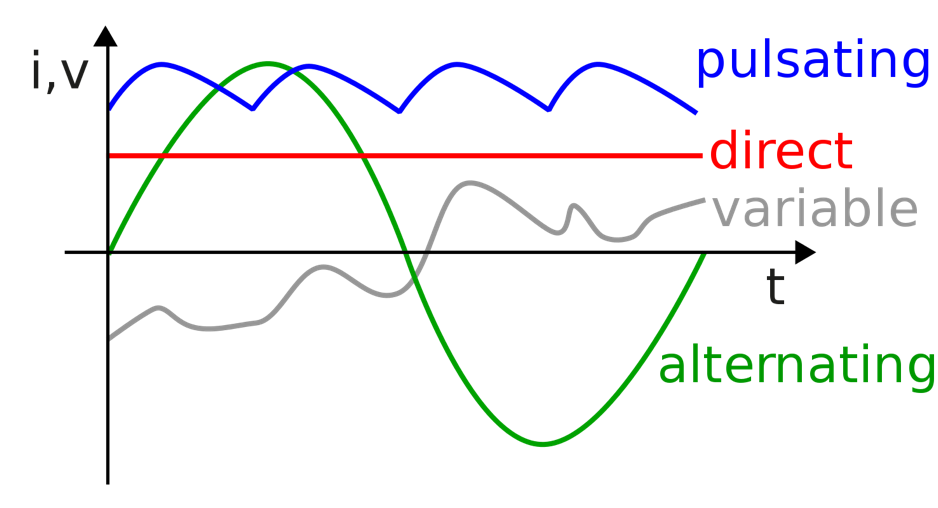
Image Source: https://commons.wikimedia.org/wiki/File:Types_of_current.svg
Installing one solar panel isn’t enough to provide power to a typical home or office, therefore it is advised to install a collection of panels at once. Professional solar panel installers in Karachi wired these panels into an inverter, since the system generates direct current (DC) only.
DC isn’t of much use around the house, therefore inverters are an essential piece of equipment along with solar panels. Inverters are responsible for converting DC to alternating current (AC), which is used in almost all the appliances at home or office.
History
Inventor

Image Source: https://commons.wikimedia.org/wiki/File:Edmond_Becquerel_by_Nadar.jpg
Solar panels are the brainchild of a French physicist, Alexandre Edmond Becquerel who studied the solar spectrum. In 1839, he discovered the photovoltaic effect and in turn how the sun’s UV rays and photons can be converted into electricity. Photovoltaic effect is the basic operating principal of a solar cell.
Experiment – What Is The Photovoltaic Effect?
Edmond Becquerel, aged just 19, created the first solar panel in his father’s laboratory when attempting to create an electrolytic plate. He used silver chloride and silver bromide to coat platinum electrodes and when these were exposed to electricity (by mistake, many believe) they lit up, indicating an electrical discharge.
How They Work
Parts Of A Solar Panel
There are several key components that encompass a solar energy system, each necessary for proper solar panel installation in Karachi. These include:
Solar Panels
This goes without saying that solar panels are a vital part of any system to capture photons from the sun.
Inverter
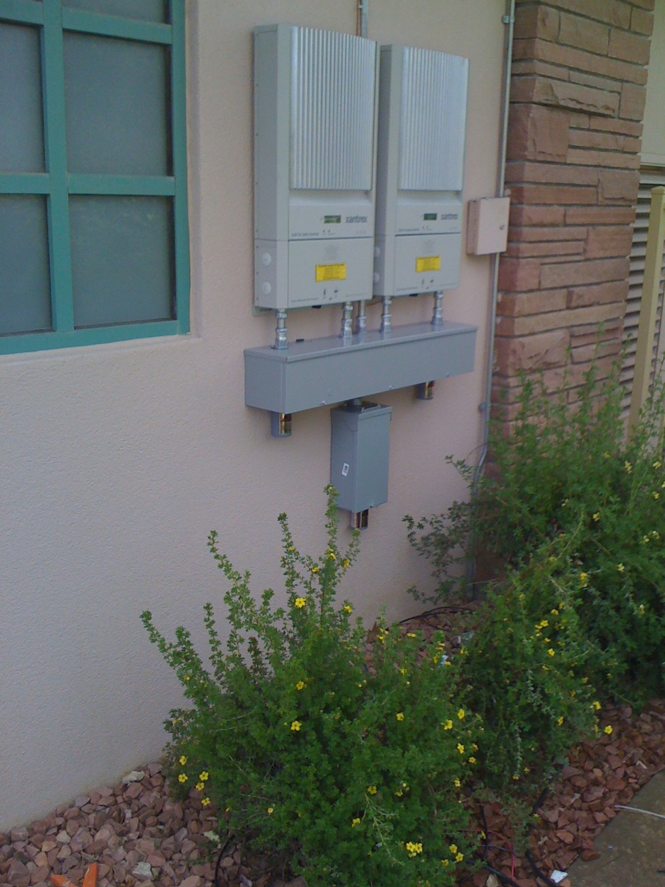
Image Source: https://www.flickr.com/photos/davedugdale/4183936690
An inverter, as mentioned above, converts DC to AC to make sure the output energy is usable at home and offices.
Racks/Foundation
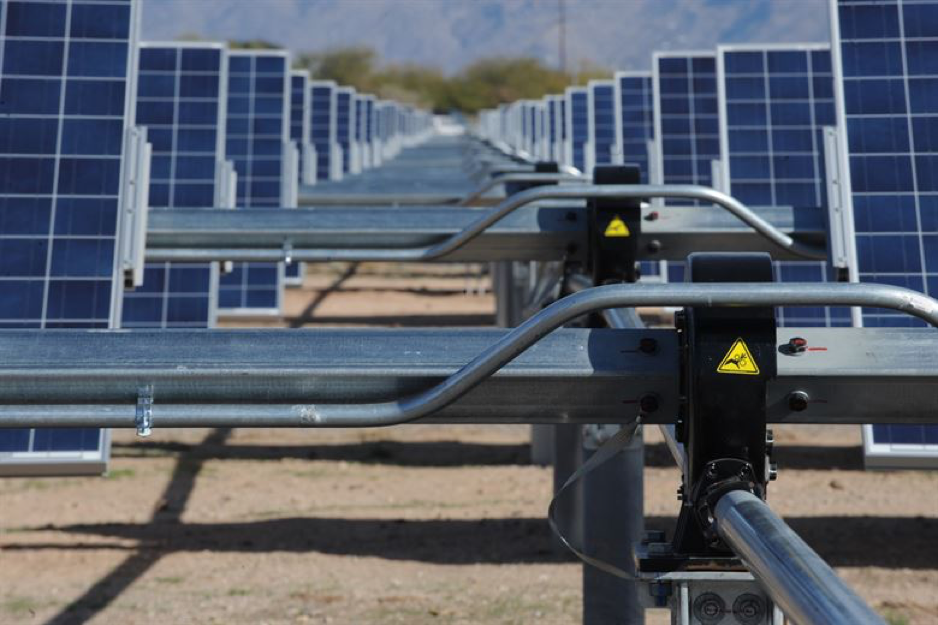
Image Source: https://www.af.mil/News/Article-Display/Article/493838/air-force-earns-majority-of-federal-energy-awards/
While placing solar panels on the floor might seem cost-effective, it couldn’t be further from the optimal choice. You need to mount your panels in an angle that maximises sunlight on your panels.
Every professional solar panel installer in Karachi has adjustable or still racks at their disposal to help you mount your solar panels efficiently. For guaranteed quality services and expert solar panel mounting, we recommend you hire professionals solar panel installers in Karachi from Kam Kaj.
Batteries
One chief concern people have regarding solar panels is whether they work at nights or not. Well, they don’t. Solar, by name, suggests that it need sunlight to operate.
However, this does not mean that they are completely useless at nights! You can ask your solar panel expert to install batteries in your system so that it can store excess solar energy during the day for you to use at night. These batteries act just like a UPS, shifting seamlessly from and to batteries when they run out of energy supply or charge.
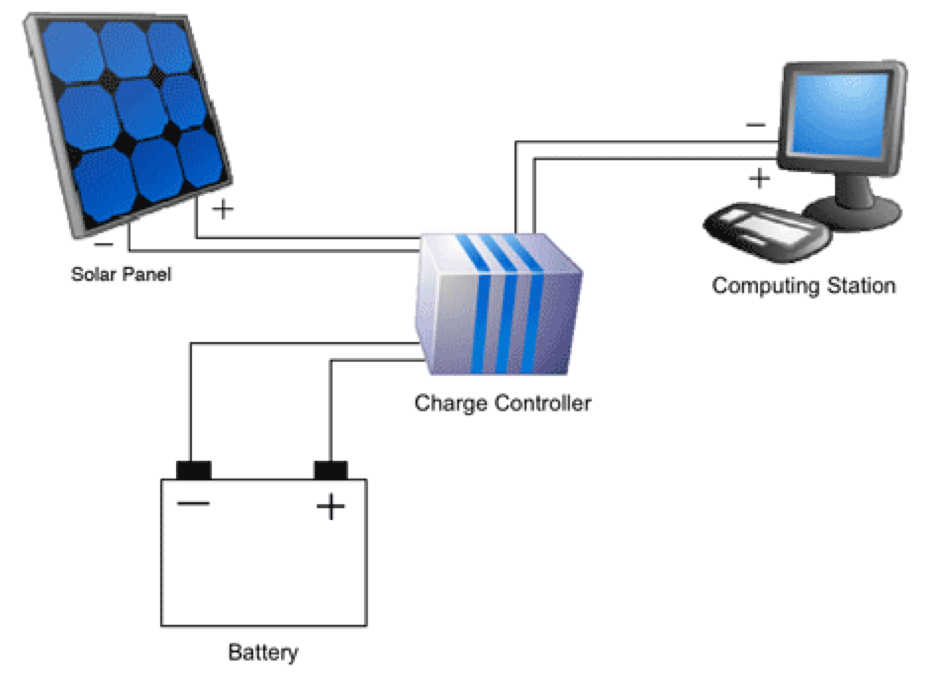
Image Source: https://commons.wikimedia.org/wiki/File:Solar-battery-computer.gif
Charge Controller
A charge controller is an electrical panel that you can install anywhere along the connection between your batteries and solar panels. It serves to help you control the rate at which the generated electricity charges your batteries and how much of it flows to your home. This panel includes fuses, breakers, and other safety measures to protect your batteries and appliances from surges and short circuits.
Stabilizers
You can also add stabilizers on your system’s output to make sure your appliances don’t get damaged from variable electricity supply, faulty equipment, or improper solar panel installation in Karachi.
How Solar Panels Work
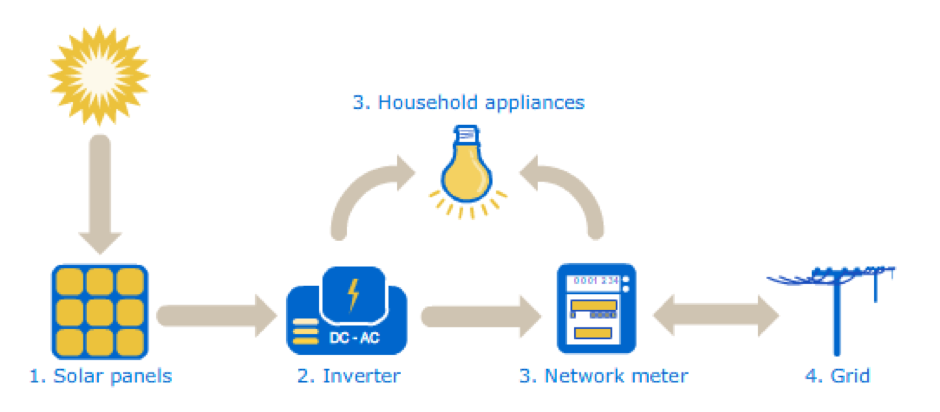
Image Source: https://commons.wikimedia.org/wiki/File:How_Solar_Power_Works.png
As mentioned above, solar panel installation in Karachi involves numerous intricacies.
To explain the working process of solar panels in simple words; solar cells allow light’s photons to knock electrons out of the silicon element and produce electricity.
Following are the steps involved in how a solar panel works;
- “Silicon photovoltaic cell” or the solar cell absorbs solar radiation (photons).
- These photons transfer their kinetic energy to silicon’s electrons, exciting them in the process.
- These excited electrons escape silicon’s atomic orbit due to excess energy, leaving behind a silicon ion.
- These electrons start flowing into towards the inverter. This flow of electrons is known as electric current.
- The energy produced is DC, therefore it has to flow through an inverter to be converted to AC.
- This energy is then either used, stored into batteries, or sent out into the grid. Although Pakistan doesn’t support this model yet, most countries actually pay residents who introduce energy into the grid via their solar energy system.
How Long Do Solar Panels Last?
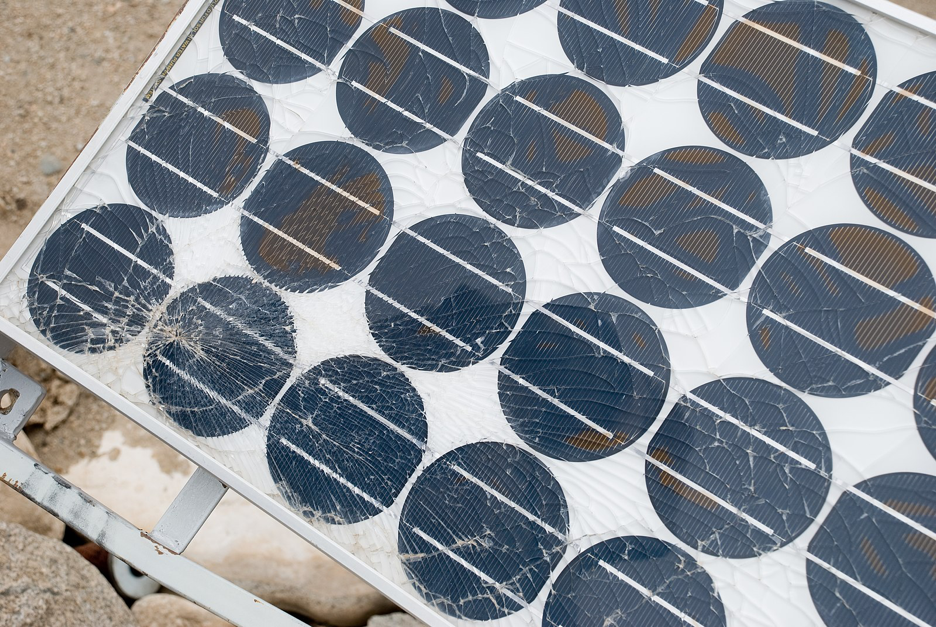
Image Source: https://commons.wikimedia.org/wiki/file:cracked_solar_panel_near_Leh-(4336613925).jpg
When electrons release their excess photon energy, they relax and get absorbed back into the silicon ion to reform silicon. However, that is not always the case. Over time, silicon starts to degrade, thus reducing the efficiency of solar cells.
This is a fairly slow process, keep in mind. For example, a panel rated at 300 watts would still be producing an output of about 240 watts at the 25-year mark! Solar panels tend to be rather reliable and sturdy in terms of durability, as a study by NREL (National Renewable Energy Laboratory) in Colorado, US, showed. This study suggests that over 75% of panels outperform their warranty (which is usually 20-25 years).
That said, parts such as inverters, batteries, wiring connections, etc., have a much shorter lifespan. Due to the immense heat in most of Pakistan, solders tend to melt or loosen up after a year or two.
You should get your solar panel system inspected and repaired annually by experts to maintain efficiency. Professionals from Kam Kaj can help you replace all the faulty parts cost-efficiently and reliably, be it an inverter, battery, wiring, or any other problem you might face.
Pros & Cons Of Solar Panels
As with everything, solar panels have their pros and cons as well. However, from our experience and customer reviews, we have learned that the pros outweigh the cons significatntly!
| Pros | Cons |
|---|---|
| Renewable: Sunlight is a renewable source of energy unlike fossil fuel. Solar panels harvest the sun’s rays for clean, green energy over and over again without depleting the source. | High up-front cost: Even the smallest solar systems cost tens of thousands of rupees. Full-scale systems can even reach a 6-figure price tag! Although the system pays for itself in the long run, it can seem expensive when getting started. |
| Lower Electric Bills: Solar panel energy can act as a replacement for grid-tied electricity, the cost of which is increasing regularly. Solar power costs almost nothing compared to what you pay in the form of utility bills monthly. | Weather Dependent: Shade, rain, snow and other weather conditions can significantly reduce your solar panels’ output. |
| No Power Outages: Homes that rely on solar energy as an alternative are not impacted by power outages or load-shedding as much as grid-based homes thanks to seamless transition between solar and grid-based energy. | Bulky: Solar arrays can be 6-7 feet wide per, depending on the configuration. To power your home, you might have to invest in a few dozen panels, thus taking up a lot of space on your property. Therefore, you need to make sure you have somewhere to put them. |
| Improve Property Value: Homes equipped with solar systems sell for much more than homes without. This increases the chances of you recovering what you invested in your solar energy system. |
Solar Panels – A Sustainable Future For Pakistan
Solar energy costs a lot less than what you end up paying in terms of utility – let’s jump to facts and figures for a more accurate and vivid representation of that. The national average cost of electricity is about Rs. 15.53 per kilowatt hour (kWh) of electricity used. Assuming you use 1,000 kWh per month billed at Rs. 15.53/kWh, the electricity bill goes up to Rs. 15,530 every month. That amounts to Rs. 186,360 per annum!
If, however, you have a solar energy source at home, you can reduce this considerably. Assuming you install a 7 kW array in your home (this is the average system we recommend), it will add up to save you almost Rs. 159,450 per annum from utilities, i.e., Rs. 13,287.5 per month. At this rate, you are bound to breakeven against your investment in under 5 years.
Since solar panels are warrantied for 20-25 years, this investment pays back 4-5 times during its life, making solar energy not only good for the environment, but also makes financial sense.
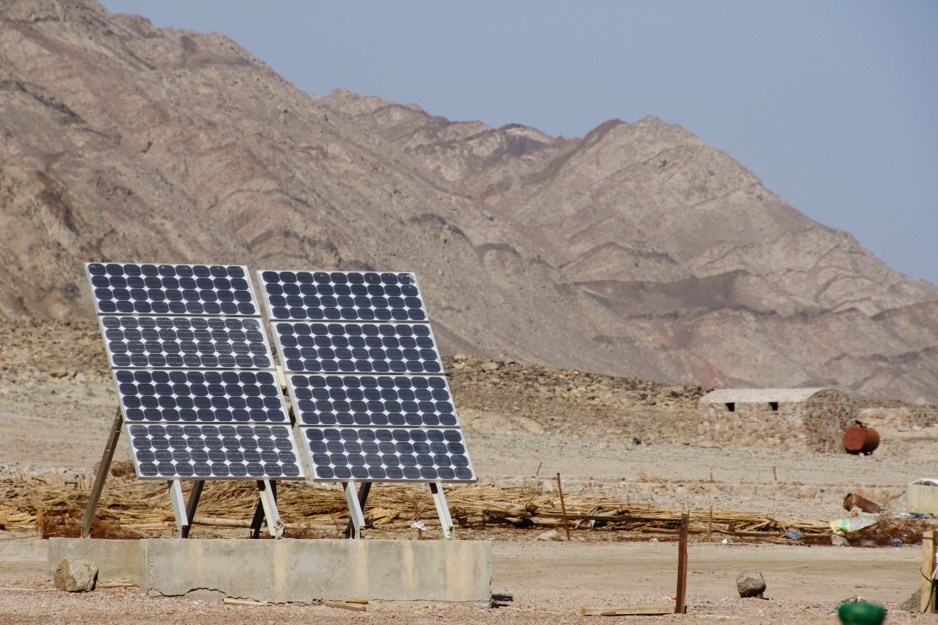
Image Source: https://pxhere.com/en/photo/1362999
Solar panels can prove extremely useful for Pakistan’s struggle for energy. Pakistan is a dominantly hot country with extremely long and bright summer days. Application of solar panels in the Kachhi plains of Balochistan, the vast plains of Sindh, and numerous other places throughout Pakistan can be extremely beneficial in not only decreasing the overall cost of electricity but also overcoming the dominant shortage of electricity in the country.
If you’re looking for guaranteed high quality handiwork on your solar panel repair or installation job, we recommend you hire professional solar panel technicians from Kam Kaj only. Regardless of your solar project’s size and requirements, Kam Kaj experts always have your back and are ready to help you harness the power of the sun!

























Ahmed Ali 7 years ago
What is different between silicon and polypolycrystalline solar panels?
Kam Kaj Writer 7 years ago
Dear Ahmed, Greetings from Kam Kaj, The amount of wasted silicon is less in polycrystalline panels compared to monocrystalline. Polycrystalline solar panels tend to have slightly lower heat tolerance than monocrystalline solar panels. Polycrystalline solar panels will tend to have a higher temperature co-efficient than solar modules made with mono cells. Regards, Kam Kaj
Ghulam Akbar Panhwar 7 years ago
Hello There, I wanted to know which will be best suitable Solar Panel technology either mono or poly for Hyderabad, Sindh Region and if possible kindly mention the company.
Kam Kaj Writer 7 years ago
Dear Akbar. Thank you for your comment. You can get either type of solar panels installed in Hyderabad, each having its own distinct advantage. However, most people there choose mono-crystalline solar panels for their residential needs, considering the fact that they take up less space and have a lower maintenance cost. Poly-crystalline panels, on the other hand, are favoured by the commercial sector due to their improved heat absorption, efficiency, and thus, electricity generation. Remember, the hot climate of said region means more maintenance and repair cost on the poly-crystalline panels. Unfortunately, we can not suggest any companies in Hyderabad, nor do we operate there yet. But it's only a matter of time before you can get solar panels installed cost-effectively in Hyderabad.